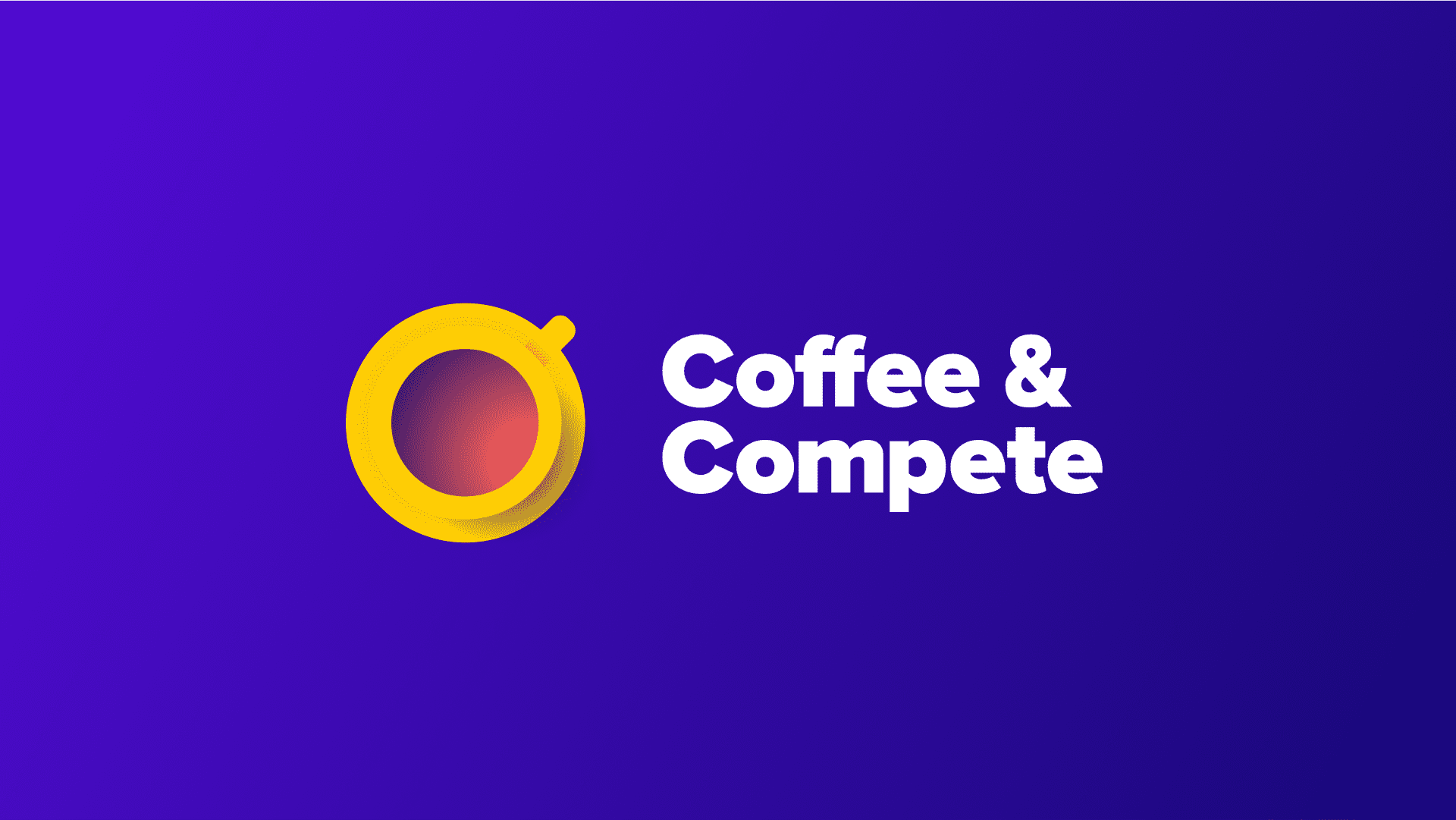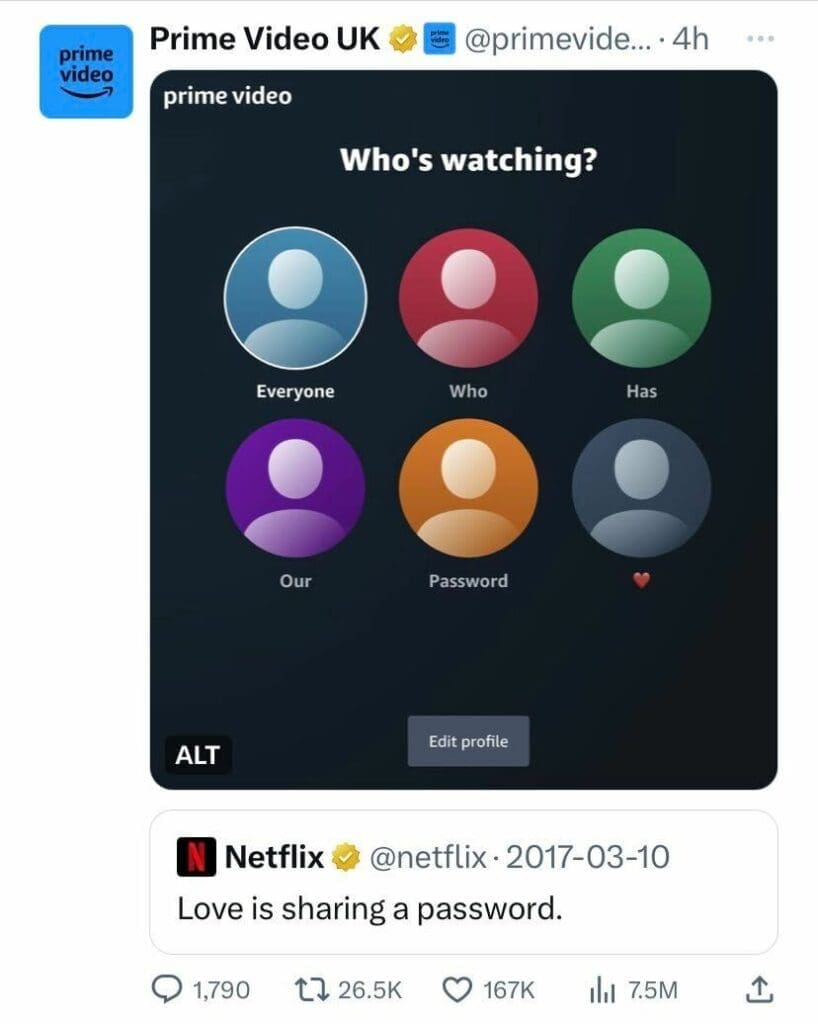Klue Compete
The Competitive Enablement Platform
Learn More
FIND OUT MORE >


If you’re not using sellers as a source of win-loss intel you’re doing it all wrong.
Of course, if you’re ONLY using sellers you’re doing it really, really wrong.
The best win-loss intel comes from interviews with buyers. Those who became customers, and those who chose a different route.
So where does seller-sourced intel fall short? And how can buyer intel pick up the slack?
We’ll dive into that and more in today’s edition of ☕ Coffee & Compete 🤜🤛
Here’s what’s on tap:
🔍 – Blindspots Season 3 Premiere launching May 31st
💪 – Six Competitive Selling Techniques You Need to Know
🔥 – Competitive Marketing 101: Always Keep the Receipts
Let’s roll,
Ben ⚾
P.S. Wanna learn more about how you can leverage AI to compete? Check this out

What’s the delta between the intel you get from sellers and what you get from buyers?
It makes sense to talk to the eyewitnesses who were there when it all went down. You have to talk to your sellers.
But if you’re the former CEO of Demandware, Tom Ebling — a company that sold to Salesforce for $2.8 billion dollars — you know that you have to go deeper.
He says it’s essential to get buyer intel through win-loss analysis to understand the complete picture.
“It wasn’t night and day between what the sales reps and the buyers were telling us. But as we got the objective data from [win-loss analysis] there was a lot more nuance and consistency from one deal to another.”
Sales reps have a tendency to attribute losses to things that are easy to point to (i.e. pricing, and product features — all things that are worth analyzing).
But Tom found that only through buyer intel were they able to identify trends like a lack of responsiveness in the sales cycle, or that the prospect had a pre-existing relationship with the competitor.
These insights are powerful. And ones you aren’t going to get consistently if you’re only tapping into sellers and CRM data.
The power of win-loss analysis is simple:
But don’t take our word for it. Hear it from the executives, founders, and investors who can’t imagine a world without win-loss insights.
We’re talking…
Vijay Gupta (Chief Growth Officer at Emplifi)
Tom Ebling (former CEO, Demandware)
Chris Fountain (Operating Partner at Frontier Growth)
Ray Grady (former SVP, GM B2B Commerce at Salesforce)
And you can hear them all on Season 3 of the Blindspots podcast hosted by none other than Ryan Sorley — founder of DoubleCheck Research and Klue’s VP of Win-Loss.
Season 3 launches May 31st on the Compete Network.
Catch it on YouTube, Spotify, Apple Podcasts or wherever you get your podcasts!


91% of 300 revenue leaders we surveyed said deals are more competitive this year than last. (More on that wicked-awesome report next week 😏)
The competition is getting tougher and you need to follow suit.
So we took the best bits from our interviews with expert sellers on the Competitive Enablement Show and put together a list of six competitive selling techniques you need to know.
1️⃣ Find the weakness in your competitor’s strength
2️⃣ Handle objections using the ARR Framework
3️⃣ Don’t bash your competitors; be diplomatic
4️⃣ Make your competitive play EARLY in the sales cycle
5️⃣ Ask for consent when calling out a competitor
6️⃣ Drive a value wedge between you and your opponent
Check out the full interviews with David Priemer, Chris Orlob, Leigh Quinlan, and Qayam Noorani for a master class in selling.
And dive deeper into these six competitive selling tips on our blog 👇
Millions of households all around the world were dealt a huge blow this week.
That’s because Netflix officially rolled out its One Household (our wording, not theirs) policy.
But Netflix didn’t always feel that way about password sharing. And Prime Video took note.
Always keep the receipts 👇


Thanks for reading this week’s edition of Coffee & Compete. As always, please reach out to me and the rest of the team with your thoughts and feedback. And If you know someone who isn’t already subscribed to Coffee & Compete, be a good friend and tell them about us. |


Product marketers conducting competitive research are drowning in reviews, reports, and messy notes. Here's how Klue's AI foundation will help you complete this analysis in seconds, not weeks.
The topic of Large Language Models (LLMs) has a lot of confusion. Here's what you need to know about how Klue is working with them.
Let’s do it. Tell us a bit about yourself and we’ll set up a time to wow you.
Let's do it. Tell us a bit about yourself and we'll set up a time to wow you.
XLet's do it. Tell us a bit about yourself and we'll set up a time to wow you.
XSubscribe to get our latest AI functionality and news in your inbox.
XOur Buyer Pulse feature, set to launch in Q2 2024, offers valuable insights into the factors influencing buyer decisions in your pipeline. By signing up for the waitlist, we can better gauge interest and proactively engage with you to streamline the setup and integration process before the feature becomes widely available.
X